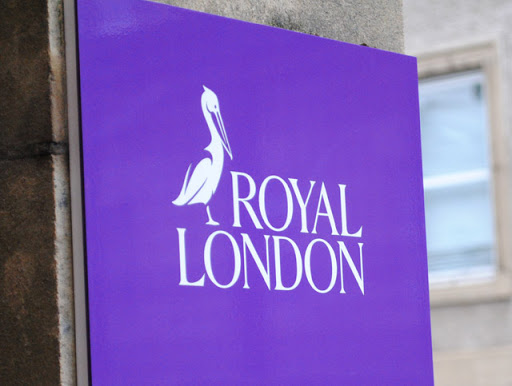Royal London has introduced a series of propositional updates to enhance its existing income protection (IP) product.
The improvements have been designed to strengthen and expand the flexibility of the IP product, in a bid to make it easier to claim, with features specifically for the self-employed, and payout limits across the board that reflect today’s higher living costs.
One of the key elements that customers look for in the product is the certainty that their income will be replaced.
Royal London has introduced an income replacement guarantee which will allow customers to claim up to £1,750 every month, rising to £3,500 for doctors and surgeons, helping to support changing employment patterns.
The mutual insurer has also introduced changes that strengthen the financial safety net for those who are their own boss by improving the flexibility around fixed costs.
Instead of asking to see evidence, such as lease agreements, office rental payments or phone contracts, over a three-year period, the insurer will now require just 12 months of costs.
This is great news for those relatively new to self-employment who previously wouldn’t have had sufficient evidence.
Against a backdrop of the higher costs that households have faced in recent years, Royal London has increased its replacement ratios so claimants can receive a pay out with a higher percentage of their salary.
The changes mean policies now pay 65% of the first £60,000 of the customer’s salary plus 50% of the remaining amount up to £250,000 as a monthly benefit when the policyholder is too ill to work.
This means that someone earning £60,000 can now receive up to £3,250 a month, up from £2,875 previously.
Jennifer Gilchrist, protection specialist at Royal London, said: “The pandemic followed swiftly by the cost-of-living crisis has impacted almost everyone’s everyday finances. It has focused people’s minds on the need for longer-term financial resilience and protecting themselves and their loved ones should hard times hit.
“In doing so it’s been a catalyst for people seeing the importance of protecting their income and, as a result, Income Protection sales have seen double-digit growth. This could be income protection’s coming of age moment.”
She continued: “Looking at the market there’s a completely underserved group with a huge income protection gap – the self-employed.
“The latest figures show over one in ten workers or 4.25 million workers in the UK are self-employed, yet only a tiny fraction are protecting their income.
“That’s why it’s so important that we as an industry continue to work together to promote the benefits of Income Protection and why we’ve strengthened our proposition to help broaden the appeal of a solution that has flown under the radar for too long.
“We hope that as well as creating a greater awareness, making propositional changes that better serve this group can help address the gap.”
Charlotte Rogers, protection specialist at Radcliffe & Co Independent Financial Advisers, added: “It’s encouraging to see that Royal London has listened to market feedback, addressing key issues and introducing changes that will make a real difference.
“A minimum benefit guarantee of £1,500 (or £3,000 for doctors and surgeons) has been the limit for many years with most insurers, and the increase is definitely more reflective of the typical amount needed to maintain essential expenditure.
“Similarly, a much higher percentage of an average person’s income is required now in order to cover essentials, so increasing the sum assured limits will enable more families to stay financially resilient, with spending more likely to be covered in full.”
She continued: “The self-employed can be financially vulnerable without employer sick pay schemes or Statutory Sick Pay to fall back on, so making it easier for this group to cover the fixed costs of running their business means they are able to support themselves and their family with an income more reflective of their typical take home pay before they had to make a claim.
“We also often find that contractors take time off in between projects to holiday and so by allowing a ‘grace period’, it gives clients confidence that they can take time off between contracts knowing that should anything happen to them, their long-term income is still protected.
“I applaud Royal London for making changes that will add value to a client’s policy and enable more claims to be paid. With Income Protection sales increasing as consumers are becoming more and more reliant on their incomes with ‘emergency savings’ depleting, we need policies that remain fit for purpose and relevant to current needs.”



